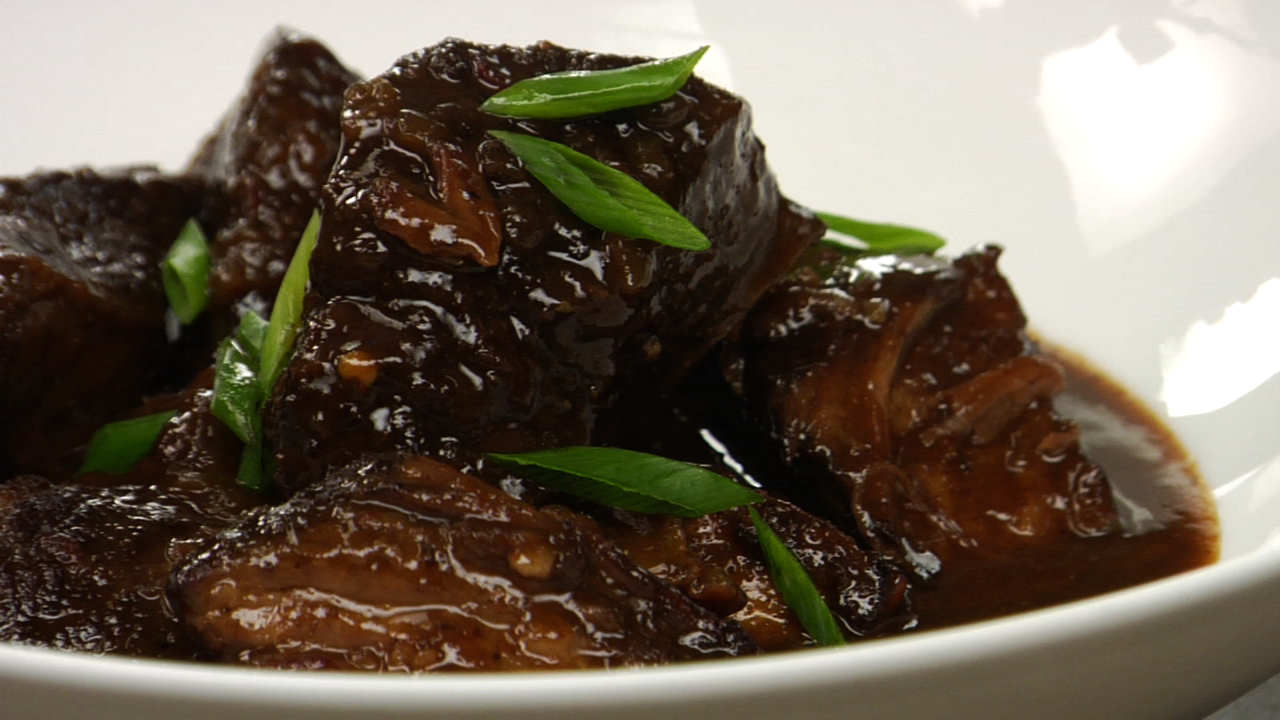Lessons > Combination Cooking Fundamentals
Your culinary journey starts here
Lesson Overview
Combination Cooking involves both dry- and moist-heat cooking. Braising, stewing and pot-roasting are all combination cooking methods which are excellent for cooking tougher (but often tastier) cuts of meats.
These types of cooking methods require long, gentle cooking to turn tougher cuts of …
Click to expand...Lesson Objectives
At the end of this lesson you'll be able to:
- define combination cooking
- choose the right cut of meat for combination cooking
- understand what connective tissue is and why it is important
- choose the right pot when combination cooking
- describe why browning is often important
- understand how the type and ratio of liquid used affects the final dish
- understand why slow cooking at low temperatures is best for combination cooking success
Course Syllabus
|
|
START: Watch Lesson Platform Tour | |
| 1. | Introduction: Combination Cooking Fundamentals |
|
| 2. | Complete Your Self Assessment |
|
| 3. | Choosing Meat for Combination Cooking |
|
| 4. | The Importance of Connective Tissue |
|
| 5. | Choosing a Pot for Combination Cooking |
|
| 6. | Browning Food for Combination Cooking |
|
| 7. | Liquids & Ratios for Combination Cooking |
|
| 8. | Combination Cooking | Slow and Low |
|
| 9. | Practice Activities & Recipes |
|
| 10. | Lesson Quiz |
|
What People Are Saying
|
|
★★★★★ |
|
|
★★★★ |
|
|
★★★★★ |
| Show More |
27 Videos
|
10 Tasks
Task 1: Introduction: Combination Cooking Fundamentals
Task 2: Complete Your Self Assessment
Task 3: Choosing Meat for Combination Cooking
Task 4: The Importance of Connective Tissue
Task 5: Choosing a Pot for Combination Cooking
Task 6: Browning Food for Combination Cooking
Task 7: Liquids & Ratios for Combination Cooking
Task 8: Combination Cooking | Slow and Low
Your Culinary Journey Starts Here!
Access to traditional and next-gen culinary foundations & techniques
Check out lessons, courses and tips
Trial Rouxbe for free, no credit card needed






